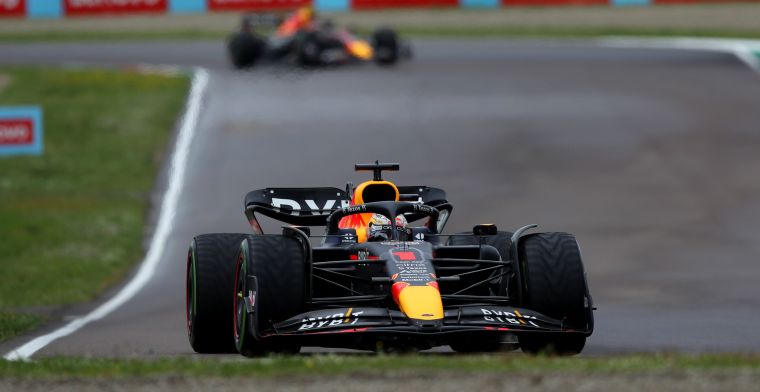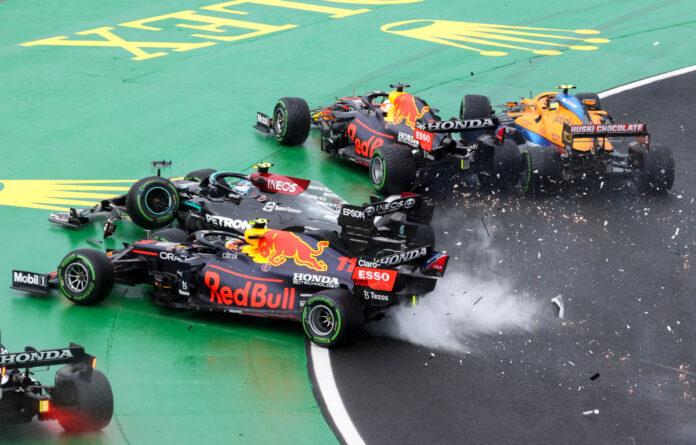Formula One, the pinnacle of motorsport, is governed by a complex web of rules that shape the competition, ensuring fairness, safety, and thrilling racing action. Let’s explore the key regulations that define the world of Formula One.
Technical regulations lay down the specifications for forming and constructing Formula One cars. These rules cover dimensions, weight, aerodynamics, and engine specifications. The aim is to create a level playing field while encouraging innovation within defined parameters.
Sporting and Saftey Rules in Formula One
Sporting Regulations: Sporting regulations govern various aspects of the race weekend. Qualifying sessions determine the starting grid, while the race start itself requires drivers to follow precise procedures. These rules ensure orderly and consistent race proceedings, setting the stage for intense battles.

Safety Regulations: Safety is of paramount importance in Formula One. Extensive safety regulations are in place to protect drivers’ lives. From mandatory safety equipment like helmets and fire-resistant suits to robust car design and advanced safety systems, teams take every precaution to minimize risks and maximize driver safety.
Overtaking and Defending: Formula One rules define the boundaries of overtaking and defending manoeuvres. Drivers must skillfully navigate the track, using slipstreaming, DRS, and strategic positioning to overtake rivals. Defending drivers must stay within the rules, preventing unfair blocking or aggressive manoeuvres.
Penalties and Sanctions in Formula 1
Penalties and Sanctions: To maintain discipline and uphold the spirit of fair play, penalties and sanctions are imposed for rule violations. These penalties range from time penalties to grid penalties and even disqualifications, depending on the severity of the infringement. Penalties serve as deterrents against unsportsmanlike conduct.

Scrutineering: Scrutineering ensures compliance with technical and safety regulations. Cars undergo rigorous inspections before and after races to ensure fairness and adherence to the rules. This process plays a vital role in maintaining a level playing field and safeguarding the integrity of the sport.
Evolution of Rules: The rulebook in Formula One is not static. It evolves over time, with updates and amendments introduced to address emerging challenges and enhance the sport. Monitoring of changes in rules happens regularly, balancing the need for innovation with the preservation of fair competition.
Understanding the rules in Formula One adds depth to the excitement of watching races. It enables fans to appreciate the complexities and strategies employed by drivers and teams, showcasing the perfect blend of speed, skill, and technical excellence.
READ MORE: Rules in Formula One
In Formula One, rules provide structure and fairness, ensuring that the sport continues to push boundaries while maintaining the spirit of competition. The rulebook is the guiding framework that enables the captivating spectacle of Formula One racing to unfold, captivating fans worldwide with its unparalleled blend of speed and precision.


